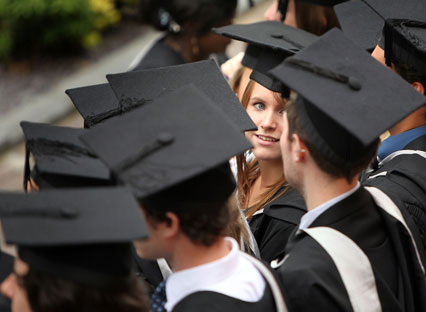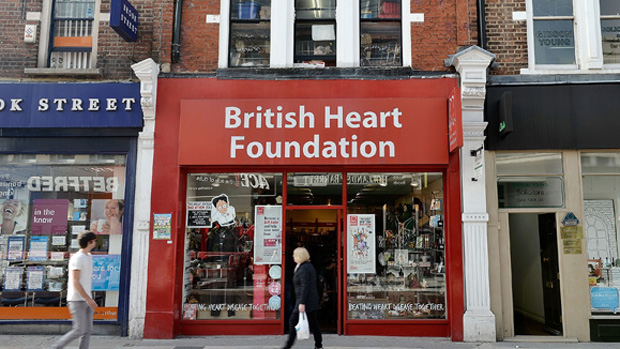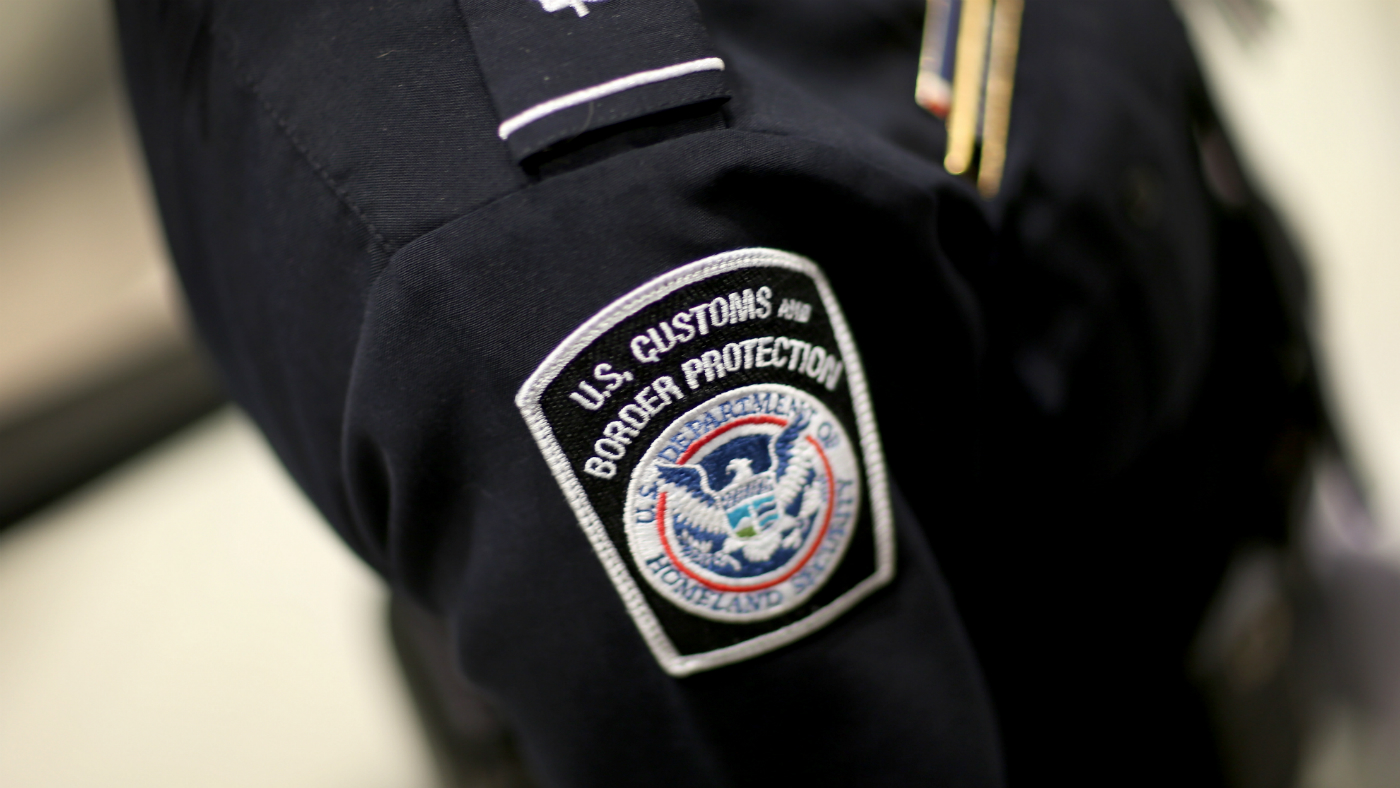Fact Check: Did UK’s ‘better educated’ vote Remain?
Labour MP’s linking of education levels to pro-EU votes sparks outrage

A free daily email with the biggest news stories of the day – and the best features from TheWeek.com
You are now subscribed
Your newsletter sign-up was successful
Labour MP Barry Sheerman has been criticised for claiming that most better-educated people voted to remain in the European Union in last year’s Brexit vote.
Conservative MP Pudsey Stuart Andrew accused Sheerman of snobbery. Social media pundits speculated uncharitably about Sheerman’s own IQ. But was the Labour MP right?
What exactly did Sheerman say?
The Week
Escape your echo chamber. Get the facts behind the news, plus analysis from multiple perspectives.

Sign up for The Week's Free Newsletters
From our morning news briefing to a weekly Good News Newsletter, get the best of The Week delivered directly to your inbox.
From our morning news briefing to a weekly Good News Newsletter, get the best of The Week delivered directly to your inbox.
Speaking on the BBC’s Sunday Politics programme, the Huddersfield MP and former chair of the Education Select Committee said: “The truth is that when you look at who voted to remain, most of them were the better-educated people in our country.”
He added: “You can actually see the pattern, nearly all the university towns voted remain.”
Sheerman was taking part in a debate about a controversial letter sent to universities by Conservative whip Chris Heaton-Harris, in which he requested the names of lecturers teaching courses about Brexit.
Following the debate, Sheerman, whose constituency voted Leave, tweeted that he was pleased his comments “on the link between Brexit support and lower educational attainment had stimulated debate”.
A free daily email with the biggest news stories of the day – and the best features from TheWeek.com
What was the response?
The Sun claims the veteran MP “branded Brexit voters stupid”, while LBC presenter and political commentator Iain Dale accused him of elitism.
Some on social media came to Sheerman’s defence, however.
“That’s not what he says,” journalist Chris Hemmings replied to Dale on Twitter. “As for what he actually says, he’s factually accurate.”
The former president of the YouGov polling company, Peter Kellner, also argued that the evidence supports the Labour MP’s claims.
“I would not use Barry Sheerman’s choice of words, but the facts are broadly on his side,” Kellner told BBC Radio 4’s Today programme on Monday.
What are the facts?
Research carried out by leading polling companies in the wake of the referendum found that educational attainment was strongly linked to whether voters supported EU membership.
According to YouGov, 68% of voters with a university degree wanted to remain in the EU, while 70% of voters with only GCSE qualifications or lower voted to leave. Those with A levels and no degree were evenly split.
These findings largely tally with the results of an Ipsos Mori survey published in September, and with polling conducted by Lord Ashcroft on the day of the referendum.
Of the 30 areas with the fewest graduates in the UK, 28 backed Brexit, according to the BBC. “By contrast, 29 out of the 30 areas with the most graduates voted Remain”, including the City of London, Belfast South, Cambridge, Oxford and Edinburgh, it adds.
Who is right?
Polling data suggests that Sheerman is correct; voters with higher qualifications were more likely to vote to remain in the EU.
-
 House votes to end Trump’s Canada tariffs
House votes to end Trump’s Canada tariffsSpeed Read Six Republicans joined with Democrats to repeal the president’s tariffs
-
 Bondi, Democrats clash over Epstein in hearing
Bondi, Democrats clash over Epstein in hearingSpeed Read Attorney General Pam Bondi ignored survivors of convicted sex offender Jeffrey Epstein and demanded that Democrats apologize to Trump
-
 Are Big Tech firms the new tobacco companies?
Are Big Tech firms the new tobacco companies?Today’s Big Question Trial will determine if Meta, YouTube designed addictive products
-
 Fact check: are US migrant detention centres really concentration camps?
Fact check: are US migrant detention centres really concentration camps?In Depth Congresswoman Alexandria Ocasio-Cortez stands by her controversial claim
-
 Fact check: how do charities spend your money?
Fact check: how do charities spend your money?In Depth The Week investigates what percentage of donations goes directly to those in need
-
 Fact Check: Are far-right groups the biggest US terror threat?
Fact Check: Are far-right groups the biggest US terror threat?In Depth In Depth: New Jersey senator claims white nationalists behind majority of attacks since 9/11
-
 Fact Check: Do terrorists exploit the US green card lottery?
Fact Check: Do terrorists exploit the US green card lottery?In Depth The US visa programme that has sparked Donald Trump’s ire
-
 Fact Check: The truth about NHS staff shortages
Fact Check: The truth about NHS staff shortagesIn Depth Is the health service facing an unprecedented workforce crisis? The Week looks at the figures
-
 Fact Check: The truth about saturated fat
Fact Check: The truth about saturated fatIn Depth The Week checks out a controversial report that claims saturated fats do not increase heart risk
-
 Fact Check: The truth behind Marmite's brain-boosting properties
Fact Check: The truth behind Marmite's brain-boosting propertiesIn Depth Papers say the spread could prevent dementia, but critics accuse the press of laying it on thick
-
 Fact Check: Is Easter a Christian or pagan festival?
Fact Check: Is Easter a Christian or pagan festival?In Depth Cadbury's and the National Trust have been accused of 'airbrushing faith' out of an egg hunt, but is the Church right to be so angry?